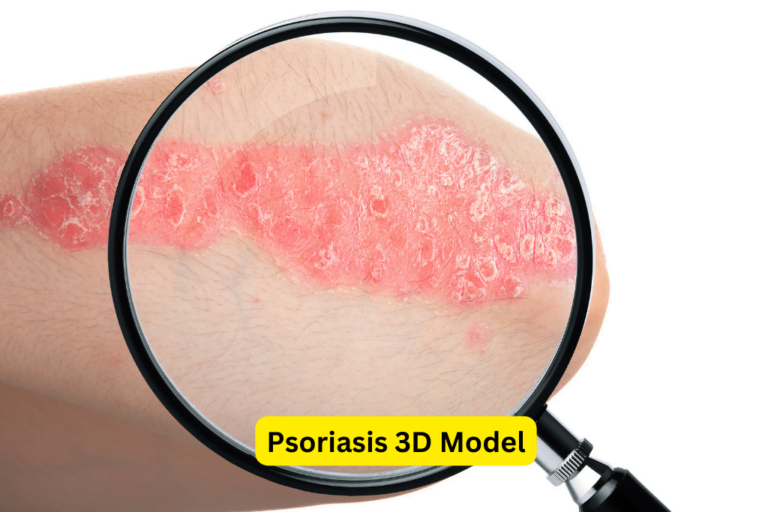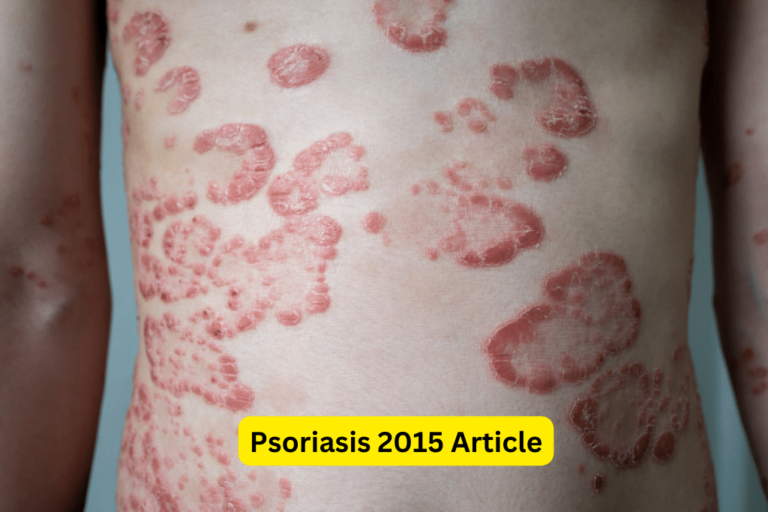Managing Scalp Psoriasis in 9-Year-Olds: Empowering Parents
Scalp Psoriasis 9 Year Old
Scalp psoriasis is a chronic skin condition characterized by the rapid growth of skin cells. It is a specific form of psoriasis that affects the scalp area. Psoriasis itself is a common condition that affects both children and adults, but scalp psoriasis can be particularly challenging for young children, including 9-year-olds. Early detection and proper treatment are essential in managing scalp psoriasis in children and improving their quality of life.
What is Scalp Psoriasis?
Psoriasis is a chronic autoimmune disease that causes the rapid buildup of skin cells. When these cells accumulate on the scalp, it leads to the formation of red, scaly patches. Scalp psoriasis is characterized by its specific location on the scalp, although psoriasis can also affect other areas of the body.
Causes of Scalp Psoriasis in 9 Year Olds
Several factors contribute to the development of scalp psoriasis in 9-year-olds. Genetic factors and family history play a significant role, as children with a family history of psoriasis are more likely to develop the condition. Immunological factors and immune system dysregulation also contribute to the development of scalp psoriasis in children. Environmental triggers, such as stress, infections, and allergies, can worsen symptoms. It is important to note that lifestyle factors, including diet and inadequate hygiene practices, can also impact the severity of scalp psoriasis in children.
Symptoms of Scalp Psoriasis in 9 Year Olds
A. Physical symptoms:
- Red, scaly patches on the scalp: These patches are often raised and may be accompanied by silver-white scales.
- Itching and irritation: Scalp psoriasis can cause intense itching and discomfort.
- Flaking and dandruff-like appearance: Patches of scalp affected by psoriasis often result in flaking and dandruff-like flakes.
- Dryness and tightness of the scalp skin: The affected areas may feel dry and tight, which can further contribute to discomfort.
B. Emotional and Psychological Symptoms:
In addition to the physical symptoms, scalp psoriasis can have emotional and psychological effects on children. It can impact their self-esteem and body image, leading to feelings of self-consciousness and embarrassment. The visible nature of scalp psoriasis can also result in social isolation and an increased risk of bullying. These factors can cause psychological distress and anxiety in children with scalp psoriasis.
Diagnosis of Scalp Psoriasis in 9 Year Olds
It is crucial to consult a pediatric dermatologist for an accurate diagnosis of scalp psoriasis in a 9-year-old. The diagnosis is typically based on a physical examination and visual assessment of the affected scalp area. In some cases, additional tests, such as skin biopsies, may be conducted to rule out other scalp conditions and confirm the diagnosis of scalp psoriasis.
Treatment Options for Scalp Psoriasis in 9 Year Olds
A. Topical Treatments:
Topical treatments are the first line of defense for managing scalp psoriasis in 9-year-olds. These treatments aim to reduce inflammation, relieve itching, and slow down the excessive growth of skin cells. The commonly prescribed topical treatments include corticosteroid creams and ointments, vitamin D analogs, salicylic acid preparations, coal tar-based products, and moisturizers and emollients.
B. Phototherapy:
Phototherapy involves exposing the affected scalp area to specific wavelengths of ultraviolet (UV) light. This treatment option can help slow down skin cell growth and reduce inflammation. UVB phototherapy and excimer laser therapy are effective ways to treat scalp psoriasis in children.
C. Systemic Medications:
In severe cases of scalp psoriasis, systemic medications may be prescribed to manage symptoms. These medications work throughout the body to suppress the immune system and reduce inflammation. Methotrexate and cyclosporine are examples of systemic medications that may be used.
D. Lifestyle Modifications:
In addition to medical treatments, certain lifestyle modifications can help manage scalp psoriasis in 9-year-olds. Maintaining proper scalp hygiene practices is essential, including regular shampooing and moisturizing. Avoiding triggers, such as stress, certain foods, and irritants, can also minimize flare-ups. Stress management techniques, a healthy diet, and regular exercise can contribute to overall well-being and potentially improve scalp psoriasis symptoms.
Parental Support and Coping Strategies
It is important for parents to provide support and understanding to their child with scalp psoriasis. Addressing the emotional and psychological impact of the condition is crucial. Encouraging open communication, fostering self-esteem, and seeking support from support groups or counseling services can be beneficial for both the child and parents.
Prevention and Maintenance
Preventing flare-ups and maintaining scalp health is essential in managing scalp psoriasis in 9-year-olds. Identifying and avoiding triggers, practicing good scalp hygiene, and managing stress levels can help prevent exacerbation of symptoms. Regular follow-up appointments with the dermatologist will also ensure ongoing management of the condition.
Conclusion
Scalp psoriasis in 9-year-olds can be a challenging condition to manage, but with early detection, proper treatment, and support from parents, it is possible to improve the child’s quality of life. By understanding the causes, recognizing the symptoms, and exploring treatment options, parents can empower themselves and their child to effectively manage scalp psoriasis and minimize its impact.
"Have You Seen Mike Walden's new holistic acne System yet? It's called "Acne No More" I've read the whole thing (all 223 pages) and there's some great information in there about how to naturally and permanently eliminate your acne without drugs, creams or any kind of gimmicks. I highly recommend it - it's very honest and straightforward without all the hype and b.s. you see all over the net these days. Here's the website where you can get more information:
Click Here -->AcneNoMore









